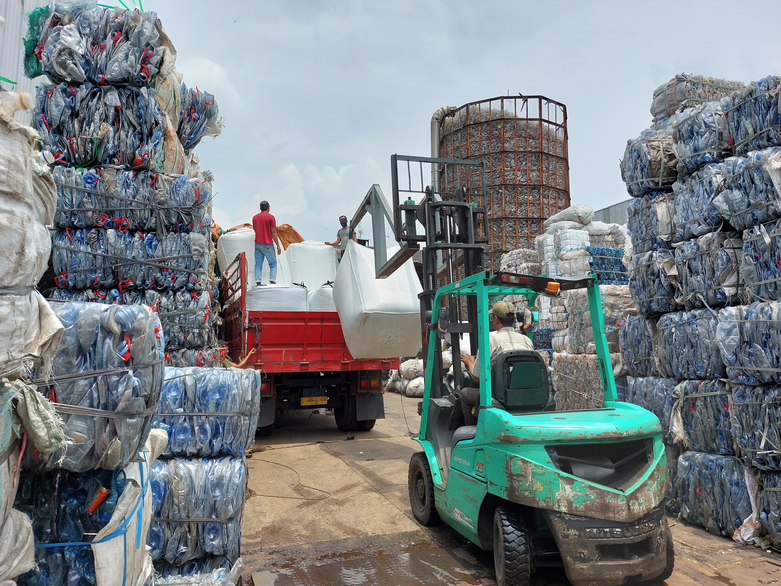Circular economy – conserving resources, protecting the climate and oceans
Go Circular
 © Photo by Soft Rattles on Unsplash
© Photo by Soft Rattles on Unsplash
Go Circular

German Federal Ministry for Economic Cooperation and Development (BMZ)


More
Viet Nam - Ministry of Planning and Investment (MPI), Viet Nam - Central Institute of Economic Management (CIEM), Ghana - Ministry of Environment, Science, Technology & Innovation (MESTI), Colombia - Ministry of Environment and Sustainable Development (Minambiente)

2022 to 2025

Climate, environment, management of natural resources

A circular economy aims to preserve the value of products, materials and resources for as long as possible. In a circular model, from the outset products and materials are designed so that they can be reused, repaired and later recycled. This makes the circular economy an alternative concept to the current linear economic model, in which products are manufactured at great expense and disposed of after a short period of use (‘take-make-waste economy’).
The circular economy conserves natural resources, reduces the amount of waste put into the environment and oceans and makes a significant contribution to achieving climate goals. At the same time, new, sustainable business sectors and trade flows as well as green jobs are created within the circular economy.
There are various widespread approaches to achieving a circular economy that exist worldwide and are in operation in certain countries.

The project operates in three areas of action:

Last update: November 2023